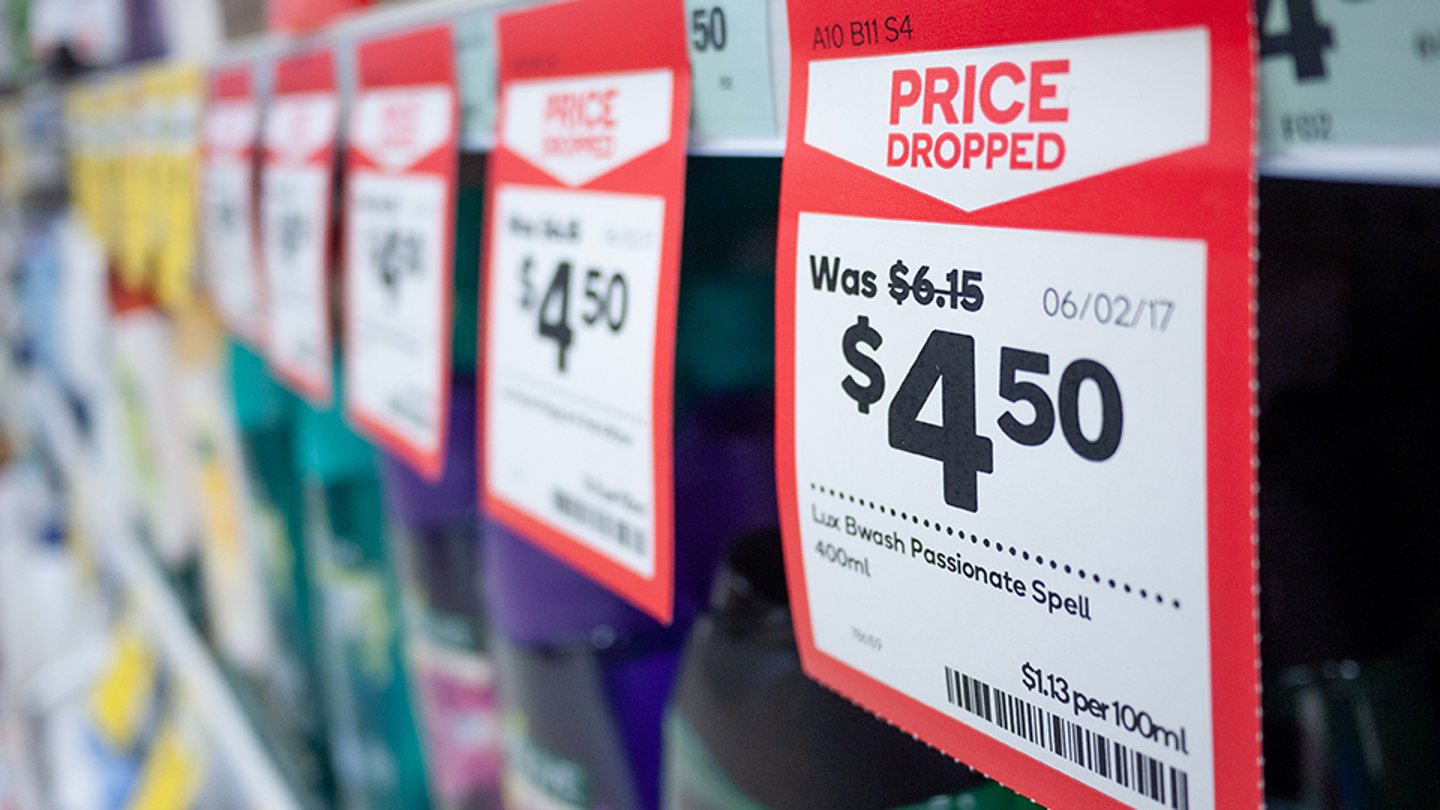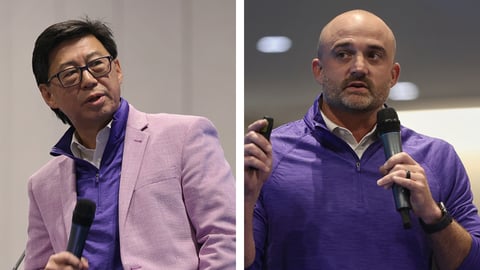EY Report: CPGs Risk Relevance by Cutting Innovation in Cost-Saving Push
Investors seeking steady performance are pressuring CPGs to cut costs and focus on their pricing strategies. However, these tactics can be shortsighted and reduce further alienating consumers and retail customers, according to a new report.
Released this week, the EY State of Consumer Products report surveyed CEOs of 190 global CPG companies and interviewed 24 industry executives. Of those surveyed, 65% acknowledged that their business strategies are increasingly being shaped by investor expectations. Cost of living pressures have led to lower volume and top-line growth, creating pressure to save money by reducing innovation or to consolidate costs through mergers and acquisitions.
While these might produce short-term gains, companies should in fact be accelerating their product innovation to ensure they can capitalize on consumer trends while adapting to the major changes the industry is undergoing, EY noted.
Perhaps unsurprisingly, artificial intelligence was addressed as one way companies can reduce the time it takes to develop new products and decide where to invest resources. The report found that 76% of CPG manufacturers are increasingly relying on AI for complex innovation problems, with 52% of retailers and 45% of brands saying that AI, data and analytics are a top priority in their strategies for strengthening their business in the next three years.
Related: See how Hormel is leveraging AI in product innovation
The influence of leading CPG brands is eroding as they compete for shelf space with challengers who are better able to quickly innovate and get their new products to market. The delicate balance of power between retailers and brands is shifting in favor of retailers, who have expanded their private labels and can strategically target shoppers using their data and retail media networks.
In fact, 78% of the retailers surveyed said they believe that their shelves will eventually only have one mass market brand while the rest of the selection will be dedicated to private label premium or niche brands. Despite this, 75% of retailers still say that working effectively with manufacturers is vital to their success.
"To strengthen the retail relationship and secure relevance with consumers, CP brands must collaborate to compete,” said Rob Holston, EY global and EY Americas consumer products sector leader, in a statement.
“By embracing what we call 'Disruptive Optimism,' showing up with conviction with real-time consumer insights and how they can grow the total category, CPs will have every opportunity to be recognized as a category leader, strategic partner and source of shared value."






